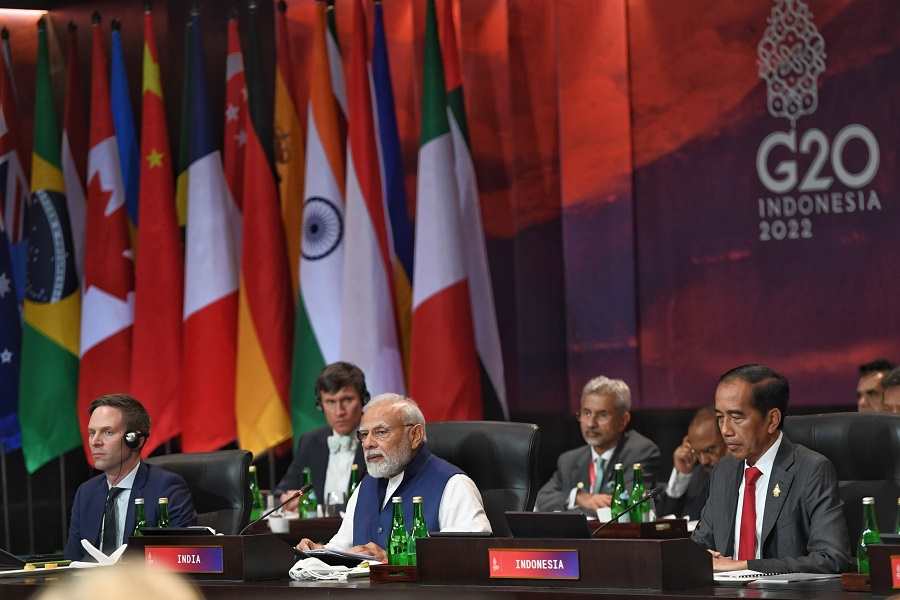The G20 New Delhi Leaders’ Declaration has brought healthcare to the forefront of global discussions, emphasizing the need for resilience, equitable access to medical resources, and a robust response to future pandemics.
In a world that has been profoundly shaken by the COVID-19 pandemic, this declaration is a significant step in the right direction. It reflects a collective commitment to strengthening healthcare systems, addressing the long-term effects of COVID-19 (long Covid), and building a global framework for pandemic prevention and preparedness.
One of the critical aspects of this declaration is the focus on building resilient healthcare systems. The COVID-19 pandemic exposed vulnerabilities in healthcare infrastructure worldwide.
By prioritizing resilience, the G20 nations recognize the importance of preparedness for future health crises. This includes not only having sufficient medical supplies but also investing in healthcare workforce training and infrastructure to ensure that nations can respond effectively to any health emergency.
Equally important is the emphasis on equitable access to medical countermeasures such as vaccines, diagnostics, and therapeutics. The COVID-19 pandemic has starkly highlighted the disparities in healthcare access between affluent and less affluent nations. The commitment to creating a platform for improving access signifies a move towards ensuring that everyone, regardless of their economic status, has access to life-saving medical interventions.
Perhaps one of the most significant aspects of the declaration is the commitment to a legally binding convention on pandemic prevention, preparedness, and response. This treaty has the potential to reshape the global approach to pandemics, setting clear guidelines and expectations for nations to follow. By involving low- and middle-income countries in the consultative process, the G20 aims to ensure that the treaty is inclusive and considers the unique challenges faced by different nations.
Finally, the declaration highlights the importance of digital health. The integration of technology into healthcare can lead to more efficient and accessible healthcare systems.
However, it is essential to do so while respecting data protection regulations to safeguard individuals’ privacy. The World Health Organization (WHO)-managed framework for a comprehensive digital health ecosystem is a step in this direction.
In conclusion, the G20 New Delhi Leaders’ Declaration on healthcare is a welcome development in the global fight against pandemics and the promotion of health equity. It reflects a commitment to resilience, equity, research, and international cooperation in the face of health crises.




